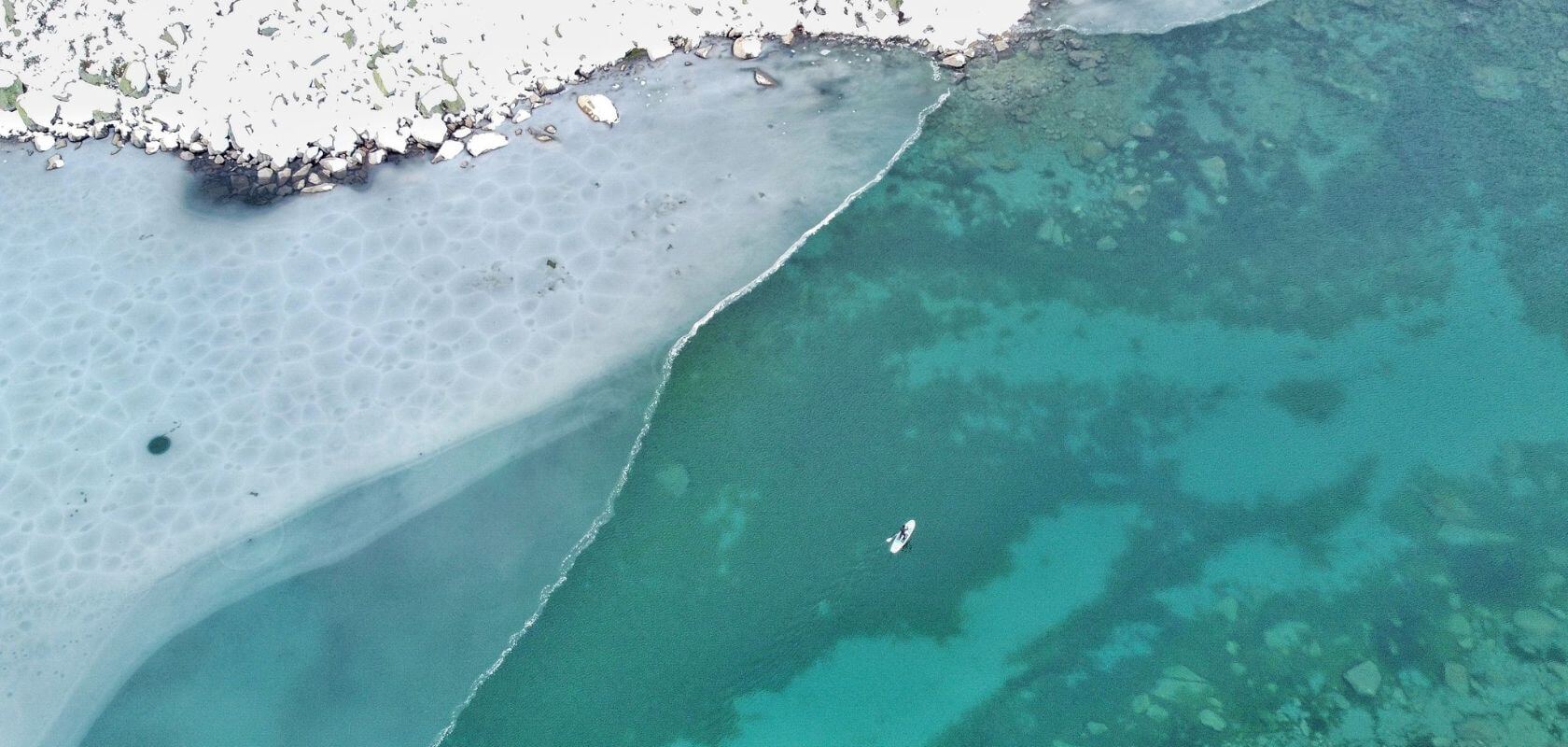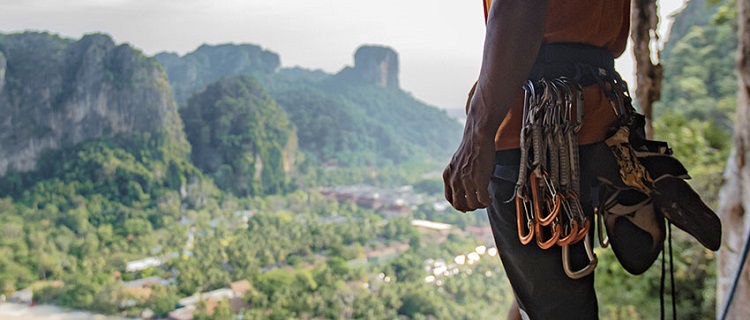FINDING OURSELVES IN NATURE:
THE LIFE-AFFIRMING ACT OF GETTING OUTSIDE
Words by Arc'teryx Ambassador Florence Williams
Recently a friend described to me that he feels like he’s been hibernating. Life has been on pause. The pantry has been tiding us over. For many of us around the world, our mobility, our opportunities, and our metabolisms have been radically slowed down over the past couple of years.
Fortunately, for most of us, life is returning to normal and we are able to venture into the glorious world outside, but what has become clear is that nature has never been so important. We may have been facing difficult, tragic and stressful times globally, but I’m encouraged that nature — even pocket-sized bits of it — is offering hope and relief. While there are people who have always understood that natural spaces are where they feel vital, calm and joyous, I think there even more now who are just discovering it and that's exciting.

In the literature of disaster, experts are beginning to speak of the phrase “urgent biophila.” It’s the idea that we are drawn to living things when we are suffering. We’ve seen the phenomenon over and over: In the gatherings on Central Park’s Sheep Meadow after 911 in New York City, in community tree-planting after Hurricane Katrina hit Southern Louisiana in 2005 and in the beautiful butterfly garden constructed in Joplin, Missouri after a deadly 2011 tornado.
As Cornell University scholar Keith Tidball points out in a paper on the topic, many recent studies “have shown that the ability to see or actively experience green spaces can, among other things, reduce domestic violence, quicken healing times, reduce stress, improve physical health, and bring about cognitive and psychological benefits in individuals.” Other benefits, especially pertinent now, are that exercise, exposure to both sunlight and natural forest compounds boost our immune systems.
“There is now limited but convincing evidence that moderate sunlight exposure is capable of modulating the immune system and improving health,” said Daniel González Maglio, a professor at the University of Buenos Aires and researcher in the growing field of photo-immunology in a recent New York Times story.

Many municipalities around the world made efforts throughout the height of the pandemic to keep parks open and to re-open parks and beaches as soon as possible. Research indicates that the novel coronavirus does not spread easily outside, especially when recommended public health measures are followed. Unfortunately, the crisis made evident that many cities – and many neighborhoods with cities – do not have nearly enough nearby green space. In the United States, 100 million Americans do not live within a 10-minute walk of a park. It’s my hope that more effort and resources will go into improve park access for everyone.
Being outside is life-affirming and health-building. It enhances so many aspects of our emotional, neurological and physical systems at a time when they are being sorely challenged by circumstances. We can benefit at all doses, from the big climbs and the blissful full-forest immersion to the smallest patches of urban biota. Now is a good time to cultivate ways of seeing beauty in the mundane that will serve us well even when the current crisis passes. We can look up at the moon, watch the sunset, smell the grass after a rain and enjoy the sound of songbirds, newly distinct in our quiet, hibernating cities.

As Shane O’Mara, a neuroscientist and the author of In Praise of Walking puts it, “Pound the pavements; get the wind on your face; let the light of day and street lamps of night dance on your eyes; feel the rain on your face; sense the ground beneath your feet; hear the sounds; talk – if only to yourself; relax into the rhythm of walking and let your mind wander, deliberate, contemplate; journey into your past, delve into your possible futures; or think of nothing at all.”
Finding ourselves among nonhuman living things is a reminder of the cycles of nature, the resilience of life, the drive to live. It can be, literally, how we find ourselves.
Related articles

Let us know you agree to cookies
We use marketing, analytical and functional cookies as well as similar technologies to give you the best experience. Third parties, including social media platforms, often place tracking cookies on our site to show you personalised adverts outside of our website.
We store your cookie preferences for two years and you can edit your preferences via ‘manage cookies’ or through the cookie policy at the bottom of every page. For more information, please see our cookie policy.




